We’ve been writing a bit about Westworld from a games studies perspective because it’s fascinating, but also because it’s a big, beautiful, visual version of so much we discuss already, and for me, with my interests in how we continue to think about the magic circle, and about player experience in games, the show is frankly irresistible.
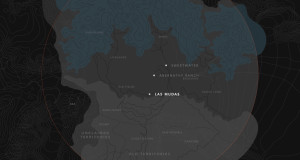 Westworld is both a shining example of the magic circle, and an argument against some of the traditional applications of the idea. The park itself lies within the bounds of a circle, and is entered and exited in specific ways, with specific gear for the players. Considering the references to the park and what happens there as a game, I’m sure this isn’t accidental; of course you need the gear to go in, but the selection of gear in stages (choose a weapon, choose a hat) feels very like character generation options. Entrants are guided not through menus, but by a host. Once within the park, too, there are choices to make, questlines to follow, dialogue trees to pursue, and all of it considered controlled, separate, party to its own rules rather than the rule of the outside world. Everything within Westworld happens within a set of established boundaries, or, as Huizinga said, as repeated by Salen and Zimmerman, “All play moves and has its being within a play-ground marked off beforehand either materially or ideally, deliberately or as a matter of course.”
Westworld is both a shining example of the magic circle, and an argument against some of the traditional applications of the idea. The park itself lies within the bounds of a circle, and is entered and exited in specific ways, with specific gear for the players. Considering the references to the park and what happens there as a game, I’m sure this isn’t accidental; of course you need the gear to go in, but the selection of gear in stages (choose a weapon, choose a hat) feels very like character generation options. Entrants are guided not through menus, but by a host. Once within the park, too, there are choices to make, questlines to follow, dialogue trees to pursue, and all of it considered controlled, separate, party to its own rules rather than the rule of the outside world. Everything within Westworld happens within a set of established boundaries, or, as Huizinga said, as repeated by Salen and Zimmerman, “All play moves and has its being within a play-ground marked off beforehand either materially or ideally, deliberately or as a matter of course.”
Gordon Calleja pushes back against this neat, clean notion of the magic circle, however, and in reading his chapter “Ludic identities and the magic circle,” I kept thinking of Westworld as he argued against the game space being separate. How could anything we do be really separate? How can it not be informed by our “real” lives — how can it not be an overlap, a continuation? We never leave our “real” lives; we are still living them as we play.
I can almost see Logan and William, in their in-park adventures as being on two sides of theory: the artificial, machine-based, separate, somewhat cold magic circle on one side, and the warmer, livelier, messier considerations of someone like Calleja on the other. At first, the demarcation between them is clear: Logan is hedonistic black hat, while William is the white hat. Good guy and bad. But like reality, Westworld-the-show is messier than that. Logan, it seems, has one idea of how to experience the park: you fuck, you fight, you drink, you do it again. There’s nothing else, except perhaps more robust versions of those activities, and you enter the park, the game, to do those specific things. Westworld, then, as Danielle Riendeau and our own Bianca Batti put it, is a male power fantasy of violence and pleasure. At least, that’s Logan’s view (and one shared by many).
For William, it isn’t so simple. He craves something else, but never forgets or leaves behind his “real” self (Logan doesn’t, either, but I’m not sure he would understand that), and even when he breaks a little from his early idealism, he’s still connected with his outside self, and his past. He understands the choices he is making and the impacts they will have. What they unlock for him. Connection, immersion, story, and only when he unlocks those things does he begin to really participate in the game, though his experience is different from Logan’s. He does begin to kill, but it’s with purpose. He isn’t just stabbing random guys for fun (at least, not yet, but that’s a theory for another day). William isn’t living out that hyperviolent fantasy, though he may be living out a fantasy of saving the princess, despite his princess Dolores deciding she doesn’t want to be any damned princess in a castle and would rather handle things her own self. That’s okay; it complicates a damsel story, and William still gets to be her right-hand man. Her savior when she needs it.
They’ve taken their identities with them into the magic circle, and it’s their real lives that experience their semi-virtual “play.” Logan may or may not emerge changed; we can’t know, because we have no baseline for him, and we don’t know how he ended up. I’d guess though that his overblown ego and control tendencies may have been fed by multiple visits to the park. William, however, is deeply changed. For him, there’s no protective boundary. There’s no magic circle. There’s a life outside and one in here. It’s just different ways of living, each informing the other.
I don’t think this is unique to Westworld. I think the games we play, and how we play them, have their own influences on our lives, and vice versa. They may not influence us strongly, but there’s still trade, or we wouldn’t talk about transfer from games, or indeed about learning from games at all. Thus a game, be it Westworld or something as simple as Peggle may not be so much a circle as a cycle, and as we flow in and out of game spaces, we pick up and leave behind information constantly. We may not be changing the code, but in small ways, we are creating the games we want to play, adapting systems as much as we can to our own needs, and the systems in turn leave seeds behind in us. We are changed, even if subtly, just as William and Logan are.

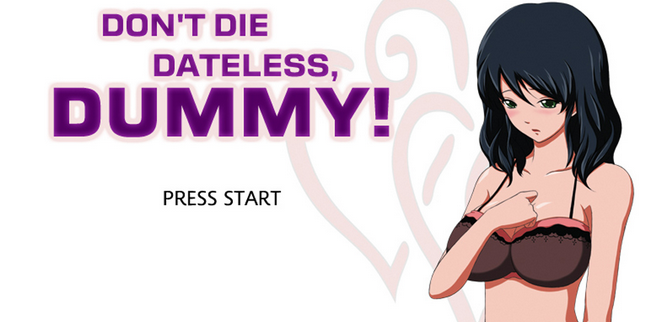
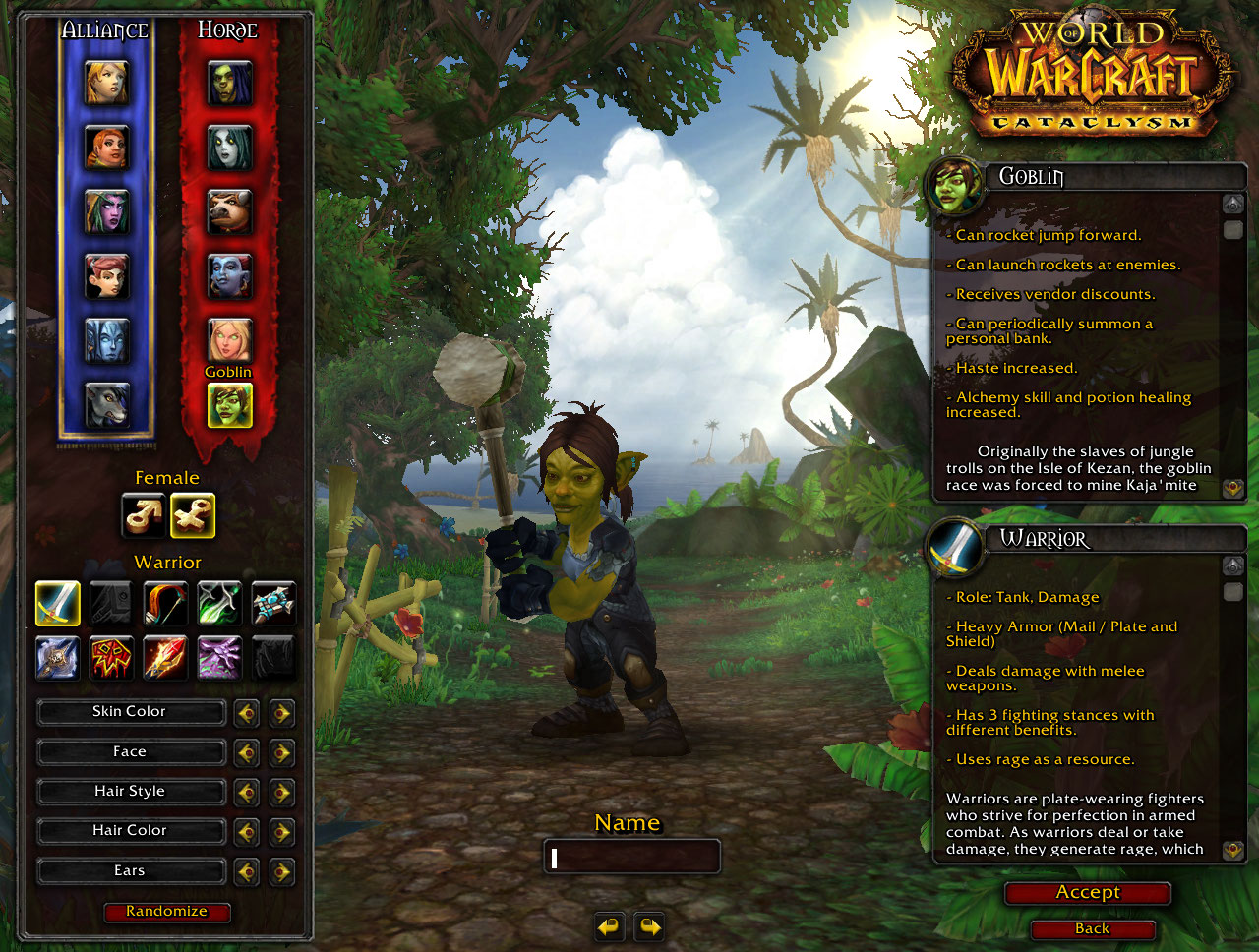
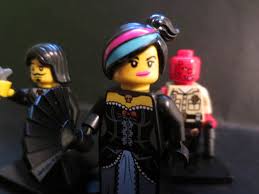
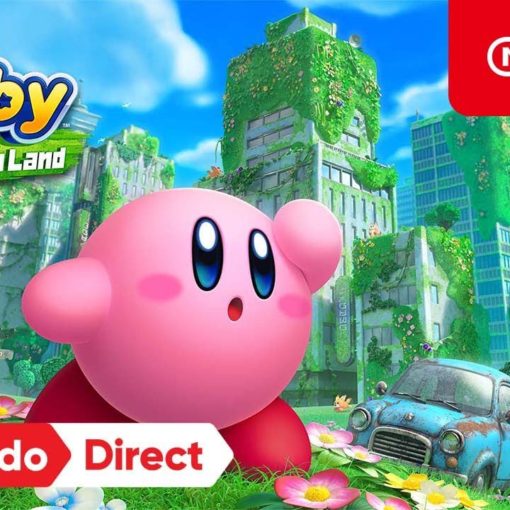
2 thoughts on “Westworld’s Magic Circle”
Great thoughts here; I’ve never read about the “magic circle”, but I think I understand the concept now thanks to you.
I find it very interesting that William, in the most recent episode, seemed to suggest that rather than the “real world” being outside Westworld’s magic circle, that it is Westworld that is more real than the “real world,” seeming to invert the paradigm. While still acknowledging a certain amount of “spill-over” between worlds, it seems that in games our behavior can in some ways be more real because they are outside the “real world’s” sphere of influence.
In other words, living through virtual worlds can be a means of freedom from the constraints of the “real world.” William is certainly learning something about himself in this way.
Yes! Free of other constraints, he can explore a part of himself he’d shut off before. Which is also what Logan was arguing for – it’s just that they have entirely different ideas of what that freedom is. I think if William could undertake his story without killing anyone (at least, for now, if that one theory is correct…) then he would, but the structure of the world makes that difficult, maybe even impossible, since he can’t be killed but his partner can. But here’s he’s able to take his own self into this other world, and explore an alternate existence. But it’s still HIS SELF – his presence there is informed by all he has been and will be.
So much of games theory seems to rely on homogeneous experience, which requires homogeneous players – and there’s no such thing. Which is why Logan’s argument, while similar to William’s conclusion, falls flat. Logan thinks there’s only one experience to be had here, and he’s wrong.